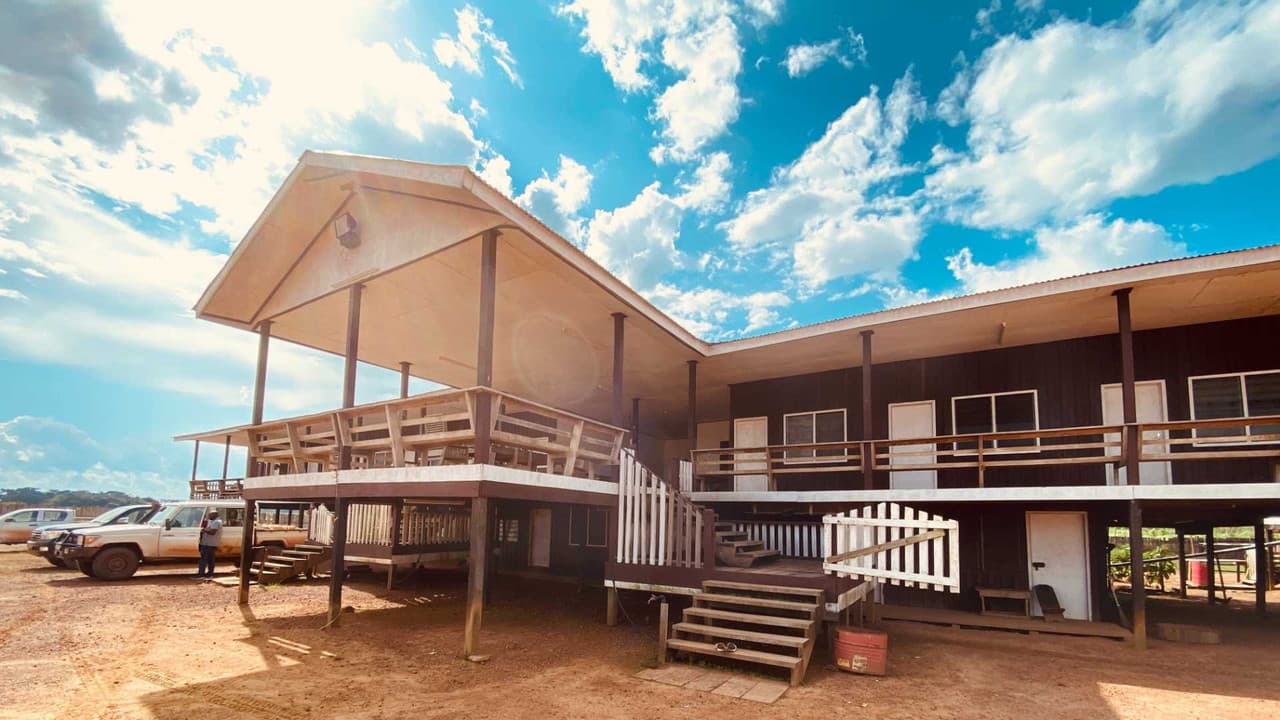Navigating labor regulations is essential for businesses operating internationally. In the Republic of Congo, working time is governed by specific laws designed to protect employees and ensure fair labor practices. Understanding these regulations is crucial for employers to maintain compliance, manage their workforce effectively, and avoid potential legal issues.
Compliance with Congolese labor law regarding working hours, overtime, rest periods, and record-keeping is not just a legal requirement but also contributes to a productive and healthy work environment. Employers must be diligent in implementing policies and procedures that align with the national standards for working time.
Standard Working Hours and Workweek
The standard legal working week in the Republic of Congo is set at 40 hours. This is typically spread over five or six days, depending on the employer's structure and the nature of the work. For specific sectors like agriculture, the standard working week may be slightly different, often set at 48 hours. The maximum daily working time is generally limited to 8 hours.
Overtime Regulations and Compensation
Work performed beyond the standard legal working hours is considered overtime. Overtime work is subject to specific regulations regarding limits and compensation rates. There are limits on the maximum number of overtime hours an employee can work. Overtime pay rates are mandated by law and are higher than the standard hourly wage, increasing based on when the overtime is performed (e.g., during the day, at night, on weekends, or on public holidays).
Overtime compensation rates are typically calculated as a percentage increase over the normal hourly wage. These rates vary depending on the time the overtime is worked:
| Overtime Period | Minimum Increase (%) |
|---|---|
| Day (Standard Workdays) | 15% |
| Night (Standard Workdays) | 50% |
| Day (Weekends/Public Holidays) | 50% |
| Night (Weekends/Public Holidays) | 100% |
Night work is generally defined as work performed between 9:00 PM and 5:00 AM.
Rest Periods and Breaks
Congolese labor law mandates specific rest periods and breaks to ensure employee well-being. Employees are entitled to daily rest breaks during their working hours. The duration and timing of these breaks can depend on the total daily working time. Additionally, employees are entitled to a mandatory weekly rest period. This weekly rest period must be at least 24 consecutive hours, and it is typically granted on Sunday.
Night Shift and Weekend Work
Specific regulations apply to employees working night shifts or on weekends and public holidays. As mentioned in the overtime section, work performed during night hours or on weekends and public holidays is compensated at higher rates, reflecting the less conventional working times. Employers must also consider the potential health impacts of night work and may be subject to additional requirements or restrictions for employees regularly working during these hours.
Working Time Recording Obligations
Employers in the Republic of Congo are legally required to maintain accurate records of their employees' working hours. This includes tracking standard hours, overtime hours, and rest periods. These records are essential for demonstrating compliance with labor laws regarding working time limits, overtime compensation, and rest entitlements. The records must be kept up-to-date and made available for inspection by labor authorities upon request. Proper record-keeping is a fundamental aspect of labor compliance and helps prevent disputes regarding wages and working conditions.
Employ top talent in Congo through our Employer of Record service
Book a call with our EOR experts to learn more about how we can help you in Congo







Book a call with our EOR experts to learn more about how we can help you in Congo.
Trusted by more than 1000 companies around the globe



